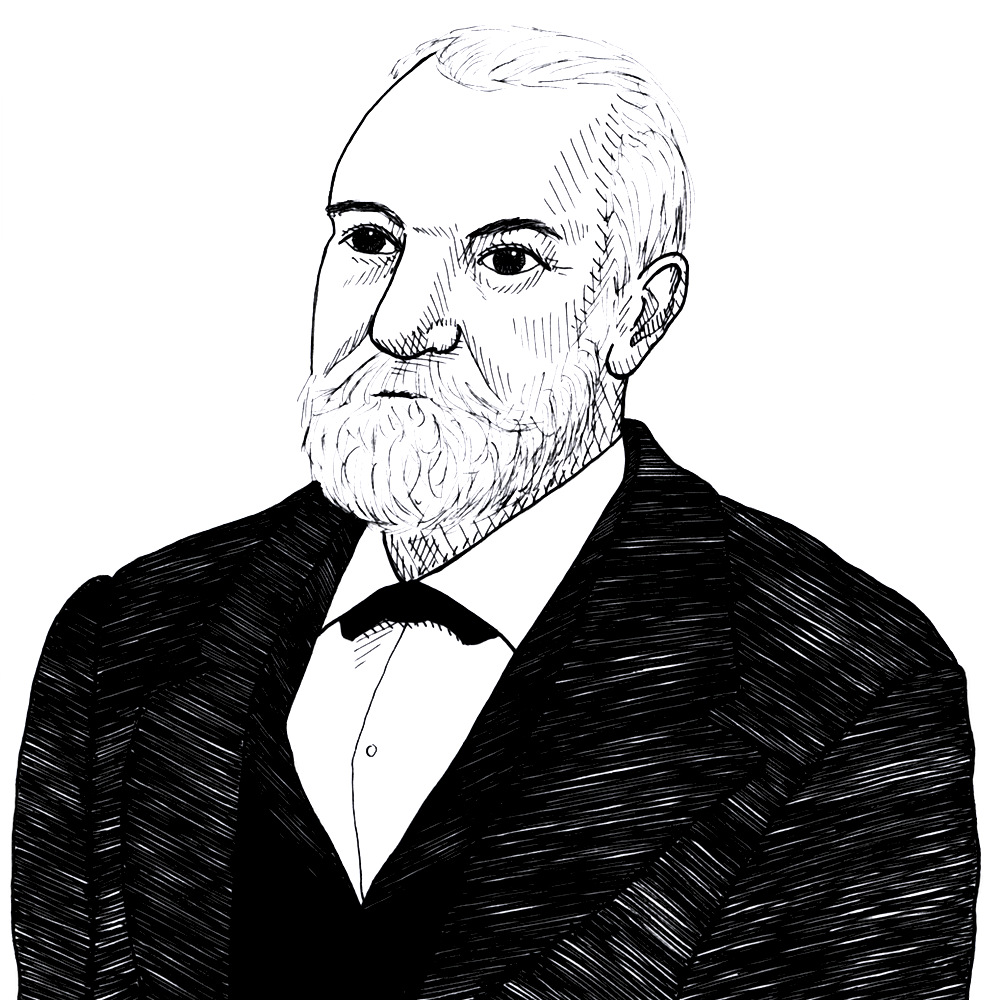
Yves Guyot warns that a new ruling class of managers and officials will emerge in the supposedly “classless” socialist society of the future (1908)
Found in: Socialistic Fallacies
The French economist and politician Yves Guyot (1843-1928) very quickly realised that socialism would not lead to a peaceful and classless society as promised, but would result in a new form of class rule of party officials:
Class
There will be at least two classes, one consisting of officials to distribute the burdens and the results of labour, the other of the drudges to execute their commands. Such a dispensation would not bring with it social peace, for political would take the place of economic competition.